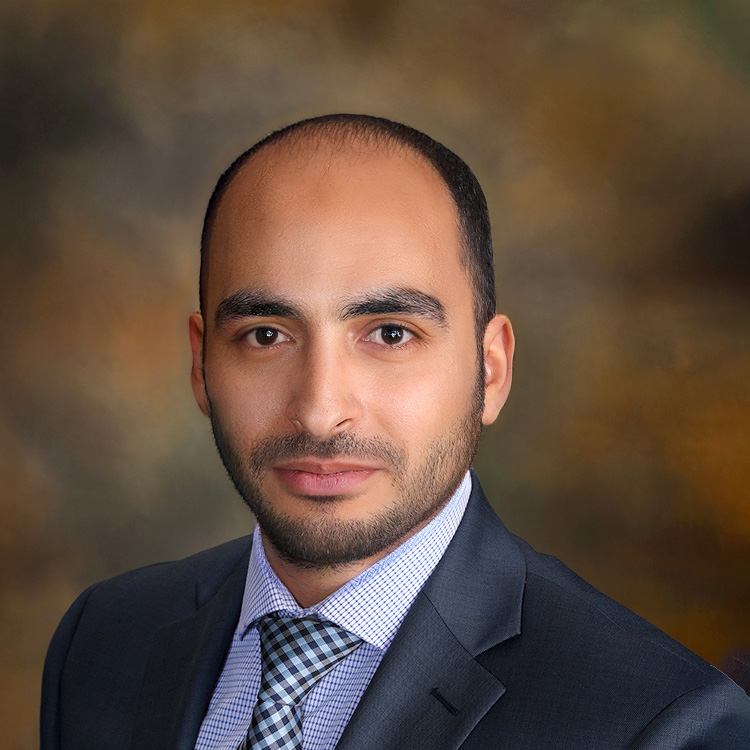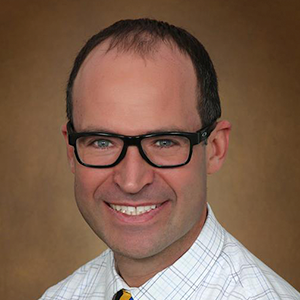The COVID-19 pandemic afforded medical researchers a rare opportunity. Since many hospitals delayed scheduled operations at the height of the health crisis, there was an unprecedented opportunity to study the effects of delayed surgeries to make recommendations for future pandemics, natural disasters, or other widespread health emergencies.
“What happened to the patients whose surgeries were postponed? What can we learn to prepare for the next pandemic?” asks Max Wohlauer, MD, associate professor of vascular surgery in the University of Colorado Department of Surgery.
Examining the effects of delays
Using data from the Vascular Surgery COVID-19 Collaborative (VASCC), an international group of thoracic surgeons Wohlauer assembled during the pandemic, Wohlauer and general surgery resident Mahmood Kabeil, MD, looked at the effects of delayed operations on several types of vascular surgery, including aortic, venous, and peripheral artery disease. In October, they published their research on the effects of COVID-19-related delays for patients who were scheduled for carotid artery operations to prevent strokes.
“The carotid arteries are two of the four arteries that provide blood flow to the brain,” Wohlauer says. “These are critical arteries, and when they get a narrowing or blockage from vascular disease, patients can have a stroke. The most common intervention is a carotid endarterectomy, which is surgery to open up the artery and clean out the plaque, and the other option is to go in from within the artery itself and place a stent.”
In their multicenter international study, Wohlauer, Kabeil, and their colleagues on behalf of VASCC found that carotid artery surgery could be postponed safely during a pandemic surge. Of the 96 patients with significant carotid artery disease whose scheduled operations were delayed between March 2020 and January 2022, none had a stroke or needed an urgent operation. Five of the patients died, but from COVID-19, not symptoms related to their delayed surgeries.
“The main takeaway from our research is that we can postpone carotid patients if we need to,” Kabeil says. “If we need to maximize resources in the hospital, this is one of the operations we can safely delay.”
The research also showed that the majority of the postponements were due to institutional policies aimed at conserving resources and keeping patients safe, not patient reluctance to come to the hospital for the surgery or a surgeon’s choice to postpone them.
It was an especially important conversation to have during the pandemic, when operating rooms were closed and beds were scarce. Even if the operations had been possible to perform, Wohlauer says, pandemic conditions were not ideal for doing them safely and thoroughly.
“There may be a downside to navigating a potentially challenging hospital course at the peak of a pandemic surge,” he says. “The stakes are high with carotid operations; you need the intervention and perioperative care to be top-notch. Being a comprehensive stroke center is a collective effort; it’s important to have all the systems highly functional and the personnel to give the patients the care they need.”
Using the information as a guide
In addition to helping the hospitals with emergency planning, Wohlauer says surgeons can use the data from the study to counsel patients through the uncertainty of having a surgery delay.
“This was a unique time in history, and if we are in this situation in the future, we can use the information to counsel patients who were counting on having an intervention and are worried about having a stroke waiting for the operation,” Wohlauer says. “In that context, our study is a way to offer some reassurance that we may be able to postpone these operations safely if we’re forced into similar circumstances in the future. That provides an important service to our patients and to hospitals that may encounter another pandemic or natural disaster. They can look at our study and use it to help them with their protocols, their triage, and their decision trees in the future.”





.png)
